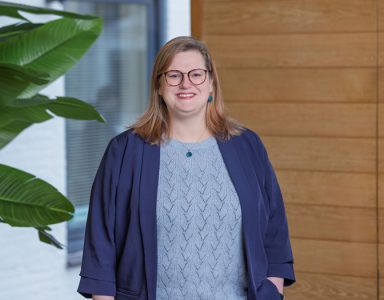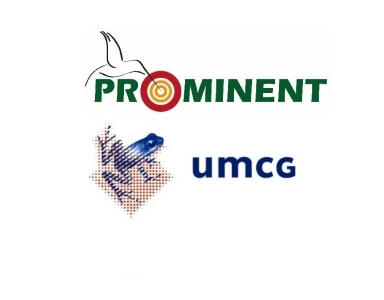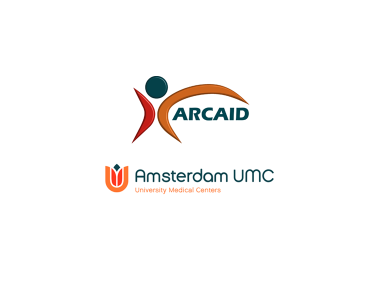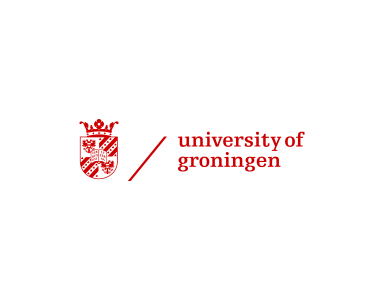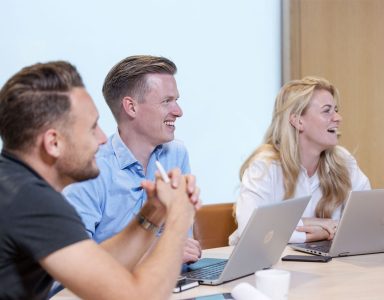MSCA-COFUND | Tips for a competitive application
The Marie Skłodowska Curie Actions (MSCA) COFUND instrument aims to raise the level of excellence in Europe’s science base through the co-funding of training networks. In contrast to its better known sister aimed solely at international networks for the training of researchers to the doctoral level, the MSCA-ITN, the COFUND instrument supports regional and national, as well as international networks, and has variants for both PhD students (early stage researchers, ESR) and postdocs (experienced researchers, ER).
In recent years MSCA-COFUND has surged in popularity, which is reflected in its success rates dropping to 13% and the minimal score for proposals to become eligible for funding hiking to over 93 out of 100% in the 2017 call. Hezelburcht has supported its clients to successfully apply for MSCA-COFUND for ESR networks the last four years in a row and was ranked number 1 in the MSCA-COFUND round of 2016. So what are some crucial lessons we learned that allowed us to achieve these COFUND successes?
1. It is all about training
Understanding the purpose of this grant is the essential first step in writing a successful application. A MSCA-COFUND is not your regular science grant; far from it. Instead this grant scheme supports training schools, its scientific portion limited to the motivation of the topic in the introductory pages.
Eligible training schools follow the ‘three-‘I’-philosophy’ for EU training schools, which dictates that the training of researchers should be international, intersectoral, and interdisciplinary. As such, transferrable skills, gender- and discrimination awareness, and entrepreneurship are examples of topics that are equally essential components of a COFUND training program as courses on its scientific subject.
Secondments are also a critical aspect of a COFUND training program. Part of the international and intersectoral requirements are met by the involvement of both a foreign university and a company in each ESR/ER project. This way, ESR/ER will gain valuable experience on collaboration and different working environments.
2. The whole is greater than the sum of its parts
The second step for a successful COFUND application is the selection of a topic with major societal impact and a solution for an unmet need. In this, interdisciplinarity is key. Successful COFUND applications are comprised of multiple disciplines that gravitate and support each other around a common theme. ESRs in these training schools gain enough knowledge to understand each discipline and allow interdisciplinary collaboration, all the while becoming experts at conducting research in a single discipline or at the interface of two or multiple disciplines.
3. Start early with building your consortium
When the topic for the COFUND training school has been determined, the third step is to build a strong consortium of excellent research groups. Ideally, these research groups balance the various disciplines by providing them with equal scientific merit and ESR/ER openings. Collaborations between research groups in different scientific disciplines or the addition of principal investigators that perform interdisciplinary research will further strengthen the consortium.
Although not beneficiaries of the grant, it is equally important to establish agreements with companies and universities that will serve as secondment locations. Approaching these parties needs to be initiated well in advance.
4. Determine the source of your matching funds
The fourth step is to determine the source of matching funds. MSCA-COFUND provides 50% of employment and living allowances of enrolled ESR/ER and 50% of the management costs for the training school. The other half of the budget needs to be matched by another funding source, for example the participating universities. Matching through different grants, including individual research grants, is allowed as long as the money involved does not originate from the EU.
5. Selection procedure for ESR/ER
The selection procedure for ESR/ER is a final point of attention. The MSCA family of grants aims to promote cross-border mobility of researchers. As such, the MSCA mobility criteria are in effect for the ESR/ER selection procedure for COFUND: candidates are not allowed to have resided or carried out their main activity in the hosting country for more than 12 months during the three years prior to their ESR/ER application. Additionally, the selection process has to be international, open, and transparent.
Considering to apply?
In conclusion, MSCA-COFUND is an increasingly competitive instrument for the co-funding of international, intersectoral, and interdisciplinary training programs for PhD students and postdocs with which Hezelburcht has an excellent track record. The MSCA-COFUND 2019 call was opened on until 26th September 2019.
Our specialists have a broad experience with the programme and would be pleased to provide you with advice and support. Please contact us to explore how Hezelburcht can help you with the application!
